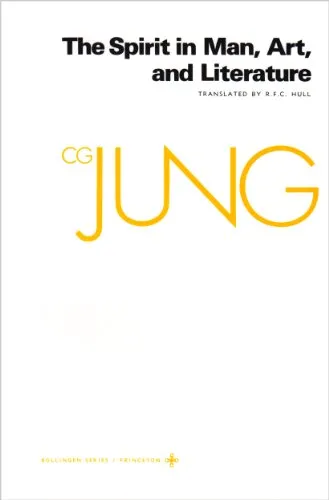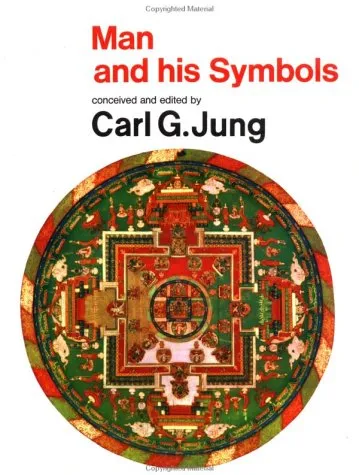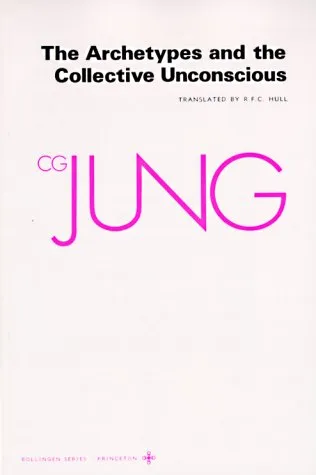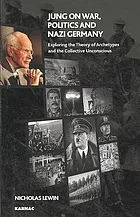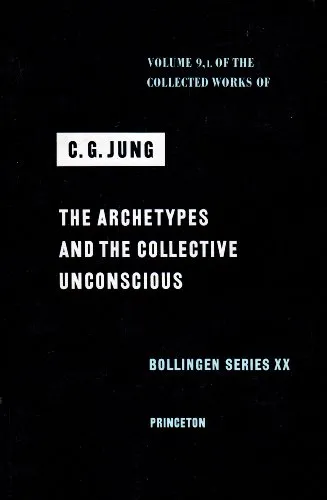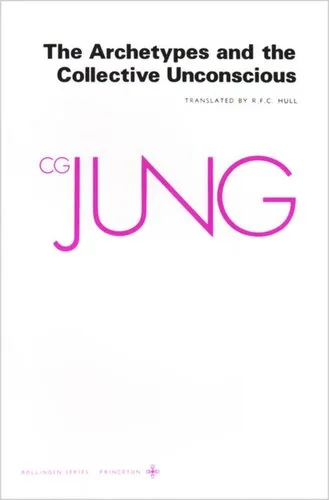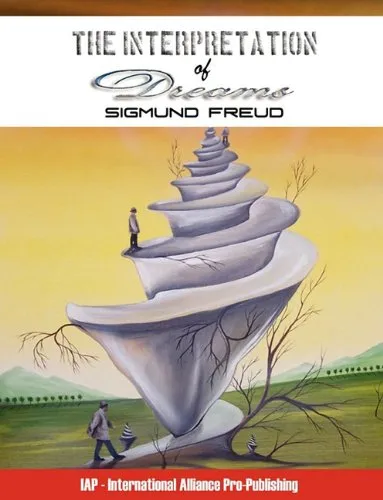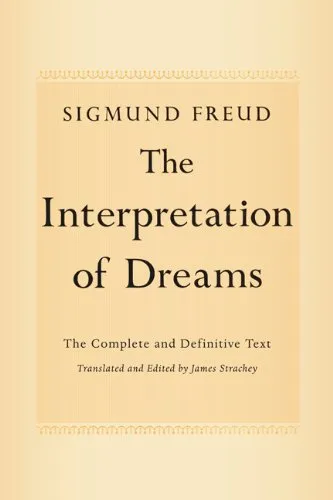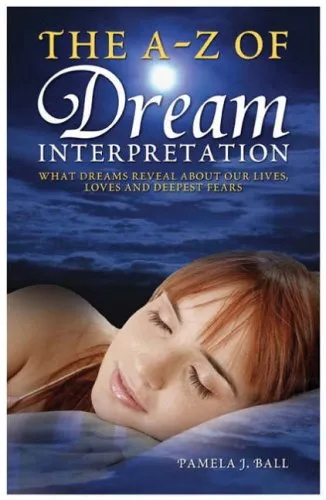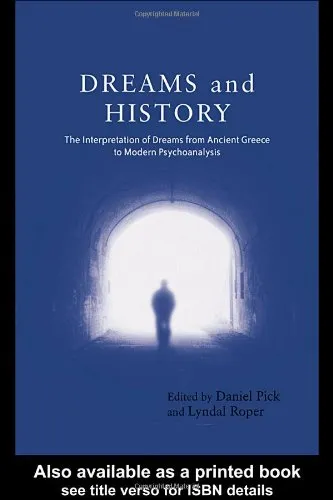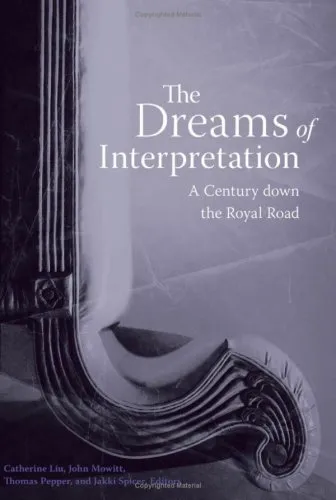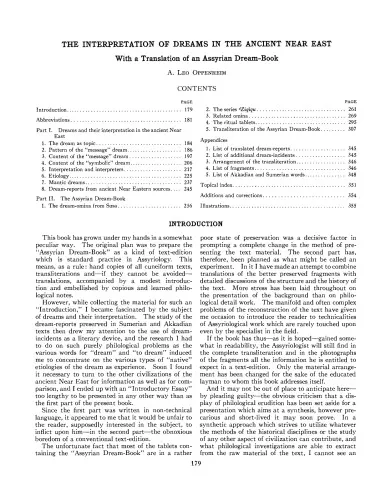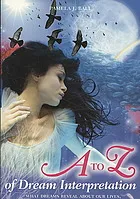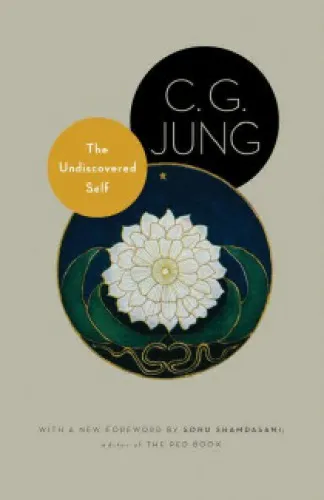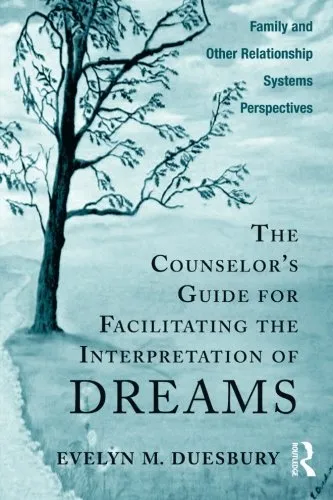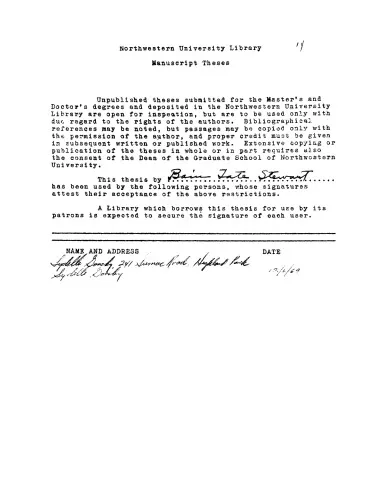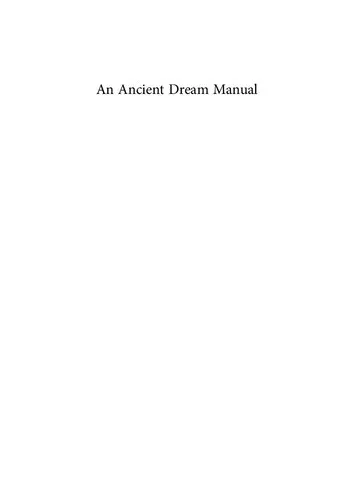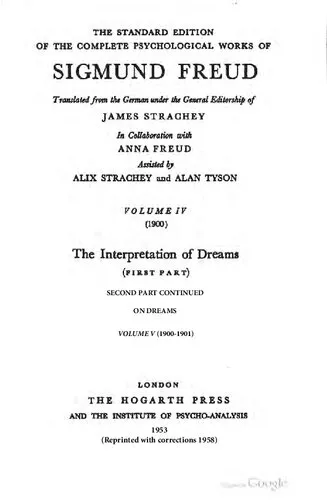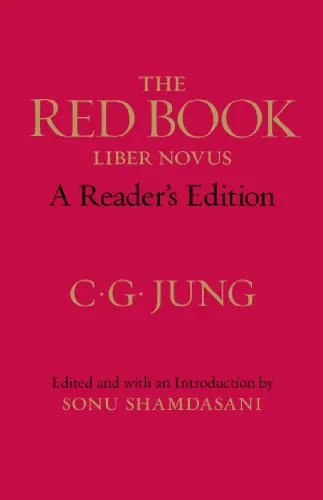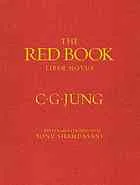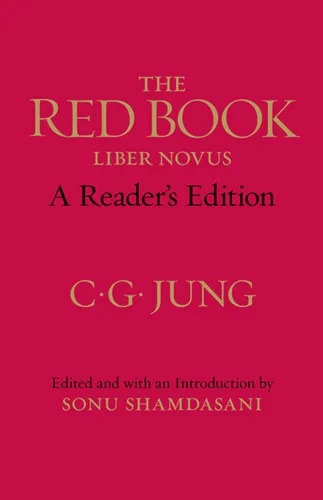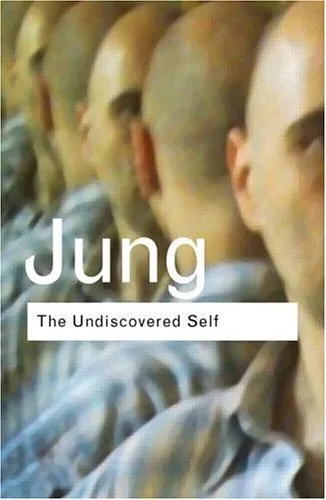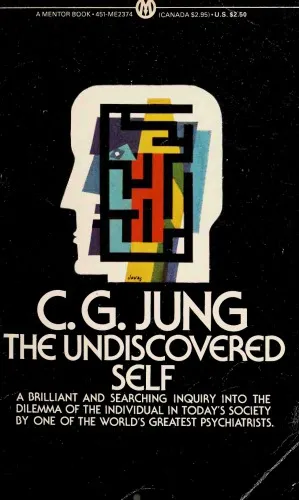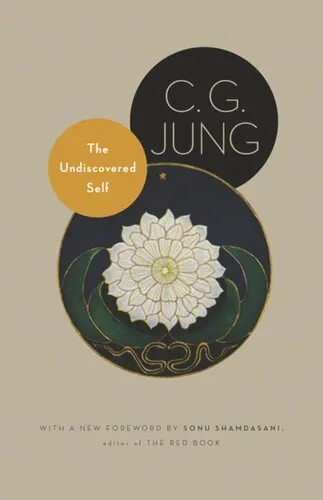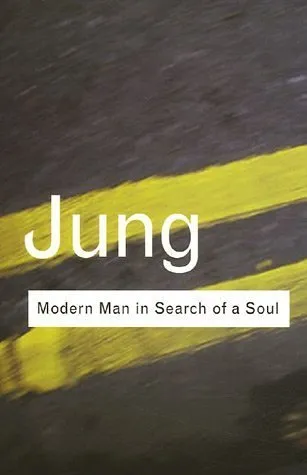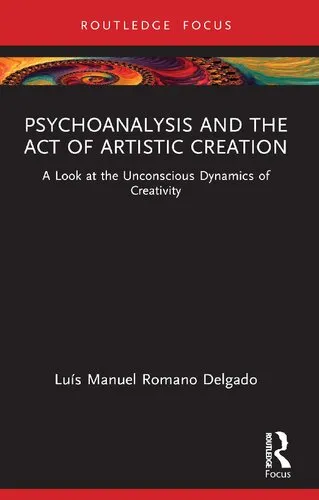The spirit in man, art, and literature
4.7
بر اساس نظر کاربران

شما میتونید سوالاتتون در باره کتاب رو از هوش مصنوعیش بعد از ورود بپرسید
هر دانلود یا پرسش از هوش مصنوعی 2 امتیاز لازم دارد، برای بدست آوردن امتیاز رایگان، به صفحه ی راهنمای امتیازات سر بزنید و یک سری کار ارزشمند انجام بدینکتاب های مرتبط:
معرفی کتاب 'The Spirit in Man, Art, and Literature'
کتاب 'The Spirit in Man, Art, and Literature' اثر کارل گوستاو یونگ، یک کاوش عمیق و تأثیرگذار در رابطه بین روانشناسی، هنر و ادبیات است. این کتاب با ارائه دیدگاههای یونگ در مورد نقش هنر به عنوان تابعی از روح انسان، میکوشد معنای عمیقتری از خلاقیت و خصلتهای بشری ارائه دهد.
خلاصهای از کتاب
کتاب 'The Spirit in Man, Art, and Literature' مجموعهای از مقالات و سخنرانیهای یونگ است که به تحلیل هنر و ادبیات از دیدگاه روانشناختی میپردازد. در این اثر، یونگ از The Unconscious، آرکتایپها و فرآیند فردیتیابی سخن میگوید. او استدلال میکند که آثار هنری و ادبی بازتابی از روح جمعی انسانی هستند و میتوانند به عنوان ابزاری برای وارد شدن به لایههای عمیقتر روان انسان مورد استفاده قرار گیرند. یونگ در این کتاب به آثار نویسندگان و هنرمندانی چون گوته و داستایوفسکی اشاره میکند و تلاش میکند تا عناصری از روان انسان را در آنها کشف کند.
نکات کلیدی
- هنر به عنوان انعکاسی از The Collective Unconscious و توانایی آن در نمایش آرکتایپها.
- نقش هنر و ادبیات در فرآیند فردیتیابی و رشد روانی.
- تحلیلهای یونگ درباره نویسندگان بزرگ و تأثیر آنها بر روان انسان.
- ارتباط دین، اسطوره و هنر از دیدگاه یونگ.
جملات معروف از کتاب
"در هنر، ما با روح انسان مواجه میشویم که خود را در لایههای عمیقتری آشکار میسازد."
"ادبیات وسیلهای است که از طریق آن انسان میتواند به کاوش در لایههای پنهان روان خود بپردازد."
چرا این کتاب مهم است
این کتاب برای کسانی که به هنر و روانشناسی علاقهمند هستند، یک منبع بینظیر به شمار میآید. یونگ با تحلیلهای عمیق خود از هنر و ادبیات، به ما درک جدیدی از نقش روانشناختی خلاقیت بشر ارائه میدهد. 'The Spirit in Man, Art, and Literature' خواننده را به سفری درونی و روحانی دعوت میکند که نه تنها باعث درک بهتر خود و دیگران میشود بلکه به انسان اجازه میدهد از دریچهای تازه به زندگی بنگرد.
Introduction to "The Spirit in Man, Art, and Literature"
In "The Spirit in Man, Art, and Literature," Carl Gustav Jung weaves a profound exploration of how the human spirit manifests itself through creative expression. By delving into the realms of psychology, art, and literature, this seminal work illuminates the intricate relationship between creativity and the unconscious mind, offering readers deep insights into the nature of artistic inspiration and intellectual achievement.
Detailed Summary
The book is a collection of essays by C.G. Jung that discusses the interplay between the psychological state of the individual and their creative output. Jung considers how artists and literary figures are vessels for a deeper, archetypal reality, which is often unconscious. He suggests that art and literature are not merely products of individual genius but are influenced by the collective unconscious. Through careful analytical discourse, Jung examines the works of several significant figures, including Goethe, Picasso, and Joyce, to illustrate his theories.
Jung emphasizes the transformative power of art and literature, which serve as conduits for personal and collective evolution. Each essay carefully dissects the spiritual components of art and literary works to reveal how they interact with the psychic life of mankind, touching on themes such as symbolism, dreams, and mythology. Jung's reflections highlight how the creative process is an essential means of self-understanding and integration.
Key Takeaways
- Art serves as a bridge between the conscious and unconscious mind.
- Literary and artistic creations are expressions of collective unconsciousness as well as personal psyche.
- Understanding psychological principles can deeply enhance one’s appreciation of art and literature.
- Creative works can be seen as manifestations of archetypes and symbols that exist in the collective unconscious.
- Self-discovery through engagement with art is a route to psychological transformation and spiritual growth.
Famous Quotes from the Book
"The creation of something new is not accomplished by the intellect but by the play instinct acting from inner necessity. The creative mind plays with the objects it loves."
"Every creative person is a duality or synthesis of contradictory aptitudes."
"In each of us there is another whom we do not know."
Why This Book Matters
The significance of "The Spirit in Man, Art, and Literature" lies in its compelling integration of psychology with the study of art and literature. Jung's work is instrumental in expanding our understanding of the creative process and its psychological underpinnings. By highlighting the connection between the unconscious and creative output, Jung provides a framework for interpreting artistic and literary works that resonate on a universal level.
Jung's insights are invaluable not only to psychologists and analysts but also to artists, writers, and anyone interested in the humanities. His exploration of the deep psychological roots of creativity offers a new lens through which to view not only individual works but the entire human endeavor of artistic creation. This book remains a pivotal resource for those looking to deepen their understanding of human psychology and its expression through art and literature.
دانلود رایگان مستقیم
شما میتونید سوالاتتون در باره کتاب رو از هوش مصنوعیش بعد از ورود بپرسید
دسترسی به کتابها از طریق پلتفرمهای قانونی و کتابخانههای عمومی نه تنها از حقوق نویسندگان و ناشران حمایت میکند، بلکه به پایداری فرهنگ کتابخوانی نیز کمک میرساند. پیش از دانلود، لحظهای به بررسی این گزینهها فکر کنید.
این کتاب رو در پلتفرم های دیگه ببینید
WorldCat به شما کمک میکنه تا کتاب ها رو در کتابخانه های سراسر دنیا پیدا کنید
امتیازها، نظرات تخصصی و صحبت ها درباره کتاب را در Goodreads ببینید
کتابهای کمیاب یا دست دوم را در AbeBooks پیدا کنید و بخرید
1611
بازدید4.7
امتیاز0
نظر98%
رضایتنظرات:
4.7
بر اساس 0 نظر کاربران
Questions & Answers
Ask questions about this book or help others by answering
No questions yet. Be the first to ask!
